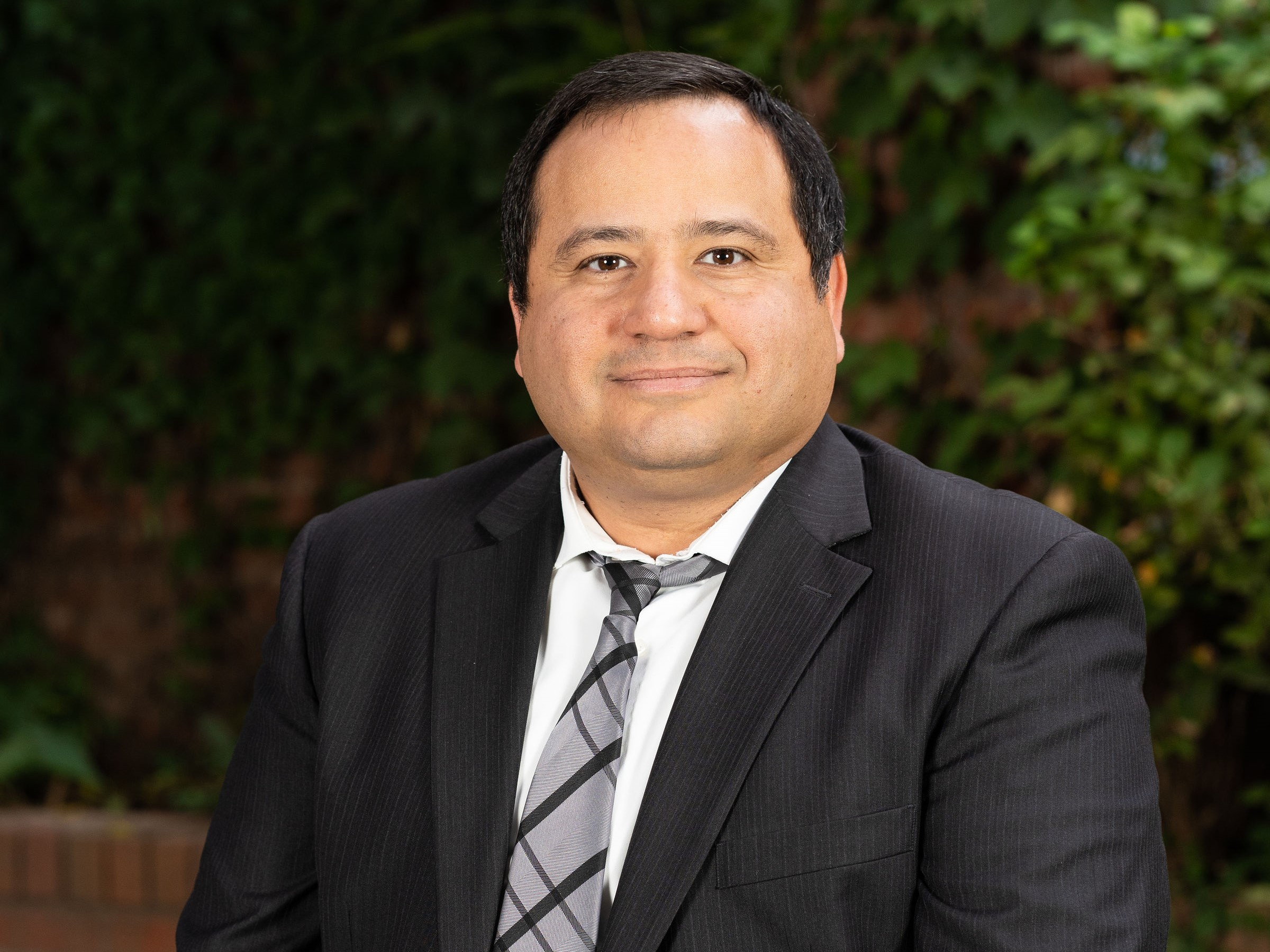Steps you can take to prepare for next year’s taxes
May 15, 2019
Denver tax season is coming to a close, and next year’s taxes are probably the furthest thing from your mind. Many of our tax clients from the Denver, Aurora, Littleton and surrounding areas wait until weeks before their taxes are due to even think about the upcoming tax year. But there are always things you can start doing ahead of time to make next year’s tax season quick, easy and efficient.
Let’s start with some general maintenance. The first thing you should do is check on your current paycheck withholdings. The 2018 tax changes have most likely affected your paycheck by giving you more take home pay now, but this might mean you aren’t paying enough in taxes. Take a look at your paycheck to see if you should adjust your withholdings, and if you should take time to complete a new form W-4 and Employee’s Withholding Certificate. If you do not check your paycheck now, you might be setting yourself up for a shock when you realize you owe the IRS money and won’t be getting a refund.
Something else that you should consider is what you will do financially if you don’t get a refund. With hundreds of families counting on refunds every year, it’s never too early to start budgeting and preparing for a lesser refund, or greater refund if you have made the adjustments needed! Counting on tax refunds to pay necessary expenses is never a good idea, and if you find yourself doing that year after year reach out to your financial planner - they are here to help.
If you are planning on freelancing during the year, get a system in place now. If you are looking into grocery delivery, a ride sharing service, or something similar - get a mileage tracker going now so that you can claim it on your taxes. Take a few hours out of each month to make sure everything is recorded, so that once it comes time to file your taxes you can pull everything at once. When it comes to your wages, start putting away 30 percent of your wages (if you can) to prepare for what you might owe the IRS. While 30 percent might seem like a lot, we recommend saving more so that you are fully prepared for your tax bill when April comes around.
If you are self-employed, the same advice applies. Set up a system early in the year to track any deductible expenses. Typically, if you are self-employed you can claim travel expenses, office expenses, and additional business-related expenses. However, you must have the documentation to back up any expenses you are attempting to claim. This is why setting up a tracking system is extremely important. What’s more, is if you are self-employed you might have to pay estimated taxes quarterly. These deadline are roughly the 15th of April, June, September, and January of the next tax year. If you have any questions regarding quarterly taxes, or what you should be planning for, feel free to reach out to our Advanced Tax Solutions team.
Set a lunch-time appointment sometime in the next few months with your tax preparer. This is your chance to get their help on adjusting your withholdings, and your chance to get all of your necessary questions answered prior to starting the tax season. Meeting with your tax preparer would also allow you to ask questions about your retirement accounts - something we strongly recommend doing each year. The IRS limits on taxable IRS contributions can change from year to year, and while it might not always change it’s important to take a look at that each year.
Do you make charitable donations each year? If so, the beginning of each year is the perfect time to start planning when you will make your charitable donations and how much they will be. By making a plan, you are far more likely to give as planned and have the documentation needed to claim charitable giving on your taxes.
Perhaps the easiest thing for you to do throughout the year is to collect tax documents and other important documents as you have them throughout the year and collect them in a centralized place as your employer(s) begin sending them your way. Below is the basic personal information you will need when preparing your taxes, be sure to have this information on standby:
Now you’ll also need to keep track of your income documents throughout the year such as any jury duty documents, gambling winnings, medical expenses, education expenses, alimony received, and scholarship awards. All of this information should be claimed on your taxes. Also, when it comes time to file your taxes you will need additional documents such as:
Also be sure to keep an eye on your mail for the following documents. You will need these when filing your taxes:
Good news? You have plenty of time to prepare for filing next year’s taxes. However, we do recommend getting a plan in place earlier than expected. Reach out to your local tax representatives and get on their schedule for tax preparation assistance. This can provide you with an opportunity to ask some of the questions you will need to know the answer to ahead of tax season. Preparing for next year’s taxes ahead of time can save you massive amounts of time down the road.
Always remember that you can reach out to our Advanced Tax Solutions for additional information or to have your tax questions answered. We are here to help you get started on the path to success when it comes to your taxes. If you have any additional questions or requests, even unrelated to tax preparation we are always here to help.
Go Back Let’s start with some general maintenance. The first thing you should do is check on your current paycheck withholdings. The 2018 tax changes have most likely affected your paycheck by giving you more take home pay now, but this might mean you aren’t paying enough in taxes. Take a look at your paycheck to see if you should adjust your withholdings, and if you should take time to complete a new form W-4 and Employee’s Withholding Certificate. If you do not check your paycheck now, you might be setting yourself up for a shock when you realize you owe the IRS money and won’t be getting a refund.
Something else that you should consider is what you will do financially if you don’t get a refund. With hundreds of families counting on refunds every year, it’s never too early to start budgeting and preparing for a lesser refund, or greater refund if you have made the adjustments needed! Counting on tax refunds to pay necessary expenses is never a good idea, and if you find yourself doing that year after year reach out to your financial planner - they are here to help.
If you are planning on freelancing during the year, get a system in place now. If you are looking into grocery delivery, a ride sharing service, or something similar - get a mileage tracker going now so that you can claim it on your taxes. Take a few hours out of each month to make sure everything is recorded, so that once it comes time to file your taxes you can pull everything at once. When it comes to your wages, start putting away 30 percent of your wages (if you can) to prepare for what you might owe the IRS. While 30 percent might seem like a lot, we recommend saving more so that you are fully prepared for your tax bill when April comes around.
If you are self-employed, the same advice applies. Set up a system early in the year to track any deductible expenses. Typically, if you are self-employed you can claim travel expenses, office expenses, and additional business-related expenses. However, you must have the documentation to back up any expenses you are attempting to claim. This is why setting up a tracking system is extremely important. What’s more, is if you are self-employed you might have to pay estimated taxes quarterly. These deadline are roughly the 15th of April, June, September, and January of the next tax year. If you have any questions regarding quarterly taxes, or what you should be planning for, feel free to reach out to our Advanced Tax Solutions team.
Set a lunch-time appointment sometime in the next few months with your tax preparer. This is your chance to get their help on adjusting your withholdings, and your chance to get all of your necessary questions answered prior to starting the tax season. Meeting with your tax preparer would also allow you to ask questions about your retirement accounts - something we strongly recommend doing each year. The IRS limits on taxable IRS contributions can change from year to year, and while it might not always change it’s important to take a look at that each year.
Do you make charitable donations each year? If so, the beginning of each year is the perfect time to start planning when you will make your charitable donations and how much they will be. By making a plan, you are far more likely to give as planned and have the documentation needed to claim charitable giving on your taxes.
Perhaps the easiest thing for you to do throughout the year is to collect tax documents and other important documents as you have them throughout the year and collect them in a centralized place as your employer(s) begin sending them your way. Below is the basic personal information you will need when preparing your taxes, be sure to have this information on standby:
- Bank account information for direct deposit if you’d like your refund deposited in your account
- Last year’s tax return for comparison
- Dates of birth for all dependents, and social security numbers
Now you’ll also need to keep track of your income documents throughout the year such as any jury duty documents, gambling winnings, medical expenses, education expenses, alimony received, and scholarship awards. All of this information should be claimed on your taxes. Also, when it comes time to file your taxes you will need additional documents such as:
- W-2 forms
- 1099 forms
- Any income/expenses from rental properties
Also be sure to keep an eye on your mail for the following documents. You will need these when filing your taxes:
- 1098 forms
- Records of IRA contributions made throughout the year
- Medical Savings Account (MSA) contributions
Good news? You have plenty of time to prepare for filing next year’s taxes. However, we do recommend getting a plan in place earlier than expected. Reach out to your local tax representatives and get on their schedule for tax preparation assistance. This can provide you with an opportunity to ask some of the questions you will need to know the answer to ahead of tax season. Preparing for next year’s taxes ahead of time can save you massive amounts of time down the road.
Always remember that you can reach out to our Advanced Tax Solutions for additional information or to have your tax questions answered. We are here to help you get started on the path to success when it comes to your taxes. If you have any additional questions or requests, even unrelated to tax preparation we are always here to help.



















